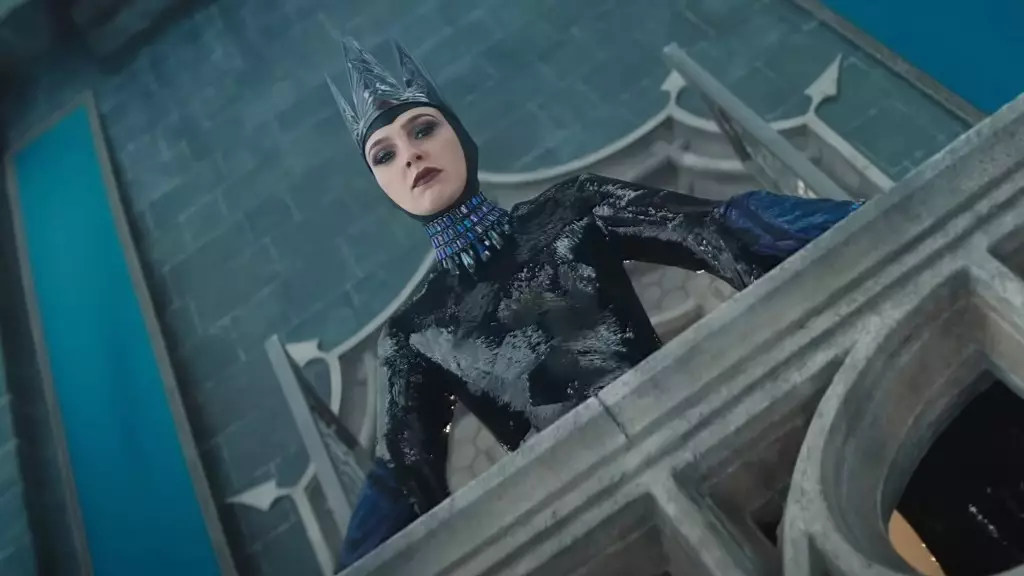Hollywood’s landscape has long been a battleground where art and politics intertwine. However, the recent debates surrounding Gal Gadot’s comments reveal a disturbing truth: the more Hollywood actors attempt to leverage their platform politically, the more they risk undermining their artistic endeavors. Gadot, an icon with Israeli roots and a background in military service, found herself caught between her national identity and her career. Her acknowledgment that external political pressures impacted her latest film’s performance exposes a dangerous precedent — that activism can distort artistic success and distort public perception.
The assumption that speaking out about geopolitical issues inevitably influences box office results deserves scrutiny. Gadot’s candid reflection about her emotional response underscores a broader issue: the destructive tendency of society to conflate an artist’s personal beliefs with their professional output. When an actor’s political stance becomes the focal point, it distracts from the nuanced discussion necessary for understanding complex conflicts. Hollywood’s rush to frame its celebrities as political messengers rather than artists dilutes the creative process and, ultimately, hampers the very diversity of thought that the industry claims to champion.
Economic and Cultural Ramifications of Political Polarization
The case of Gadot’s “Snow White” flop highlights how external political tensions seep into cultural products, creating an ecosystem where success hinges as much on public sentiment as on artistic quality. It is problematic that Hollywood, a global hub of creativity, seems increasingly driven by ideological conformity rather than the merit of projects. When audiences are encouraged to scrutinize an actor’s personal background or political stance instead of the craft, the entire industry suffers. Critical voices that advocate for a more balanced, centrist approach to political debates argue that the industry should aspire to be a space for diverse opinions, not uniform ideological narratives.
Furthermore, the polarization exemplified in Gadot’s experience reveals a broader societal tendency to reduce individuals to their political affiliations rather than appreciating their multidimensional identities. In an environment where Hollywood decisions are influenced by political pressures, talented creatives may find themselves silenced or marginalized based on their nationality or beliefs. This not only stifles genuine artistic expression but also reinforces dangerous stereotypes and limits the industry’s capacity for nuanced storytelling.
The Need for a More Thoughtful, Inclusive Approach
Addressing such issues requires a shift in how Hollywood perceives the role of its artists. Instead of framing actors as political agents, the industry should emphasize their capacity for personal storytelling and complex human experiences. The current climate incentivizes performers to self-censor or follow prescribed ideological lines, which diminishes authentic representation and promotes superficial unity. If Hollywood genuinely aspires to foster creative freedom and cultural dialogue, it must resist the urge to prioritize political correctness over artistic integrity.
In the end, the silence or misstep of a single star should not determine the fate of a film or the reputation of an entire industry. Judging art on its merits, rather than on the political beliefs of its creators, is essential for a more equitable and vibrant cultural landscape. Hollywood’s future depends on embracing the complexity of its talent and resisting the oversimplified narratives that threaten the rich tapestry of American—and global—cinema.


Leave a Reply